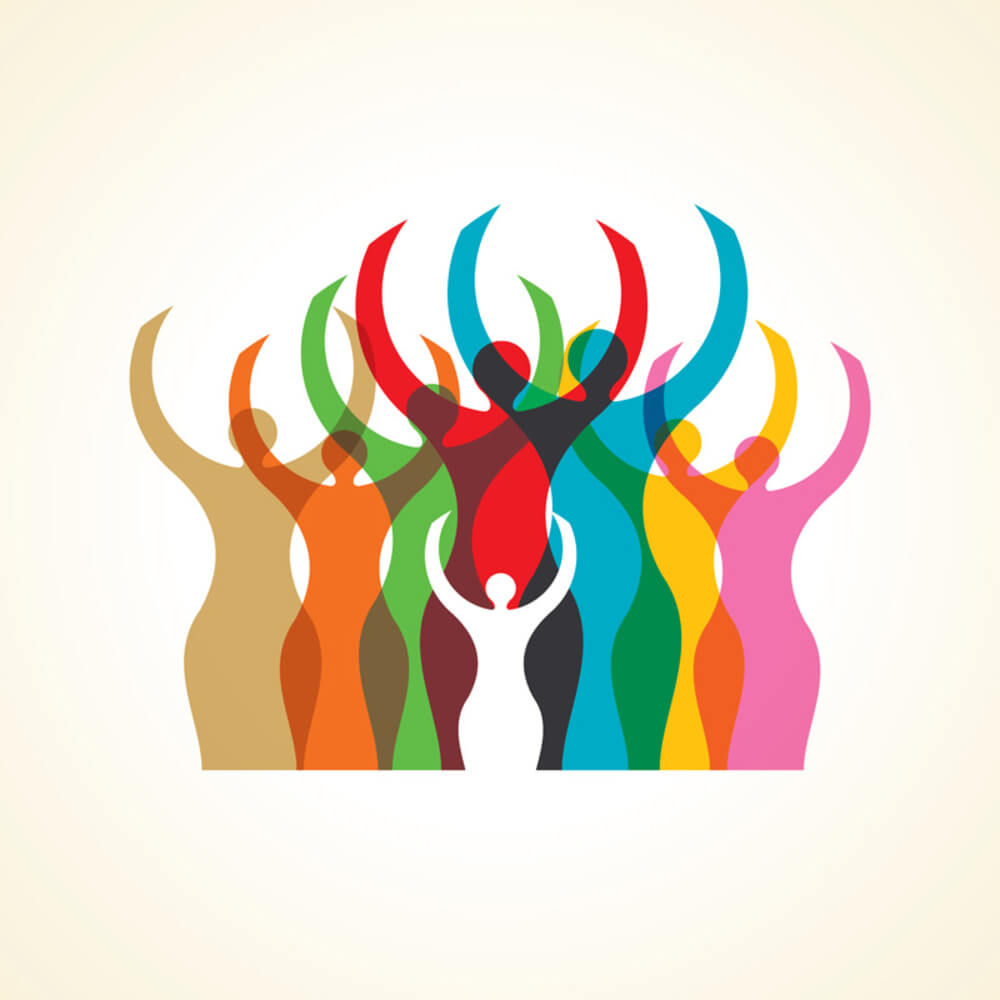The head of the women’s cell is typically a government-appointed official who is responsible for addressing women’s issues and protecting their rights. In India, for example, the head of a women’s cell is typically a high-ranking police official who is responsible for addressing women’s safety concerns.

If you are seeking help from the women’s cell, there are several steps you can take:
Identify your nearest women’s cell: You can find your nearest women’s cell by searching online or contacting your local police station. The women’s cell is usually a part of the police department and has its own designated office. In India, there are many women’s cells as per the areas.
📈🤖 Unlock unparalleled trading potential with GPT Stocks Master AI! Revolutionize your portfolio, leveraging real-time insights and predictive analytics. Don’t miss out – step into a world where precision and profitability meet. Ready to transform your trading journey? Click “Master My Trades” now for your exclusive access! ✨🚀📊
Contact the women’s cell: You can contact the women’s cell through phone or email. You can also visit their office in person during working hours. It’s important to note that different states have different women’s cell helpline numbers, so make sure you have the correct one for your area. Go to the nearest women’s cell and give a complaint in writing.
Explain your situation: When you contact the women’s cell, explain your situation in detail. Be clear and specific about the issues you are facing and provide any relevant information that could help them understand your situation better. If the situation is clear and understandable, then it would be better for the women as the police can take quick action.
Provide evidence: If you have any evidence to support your claims, such as photographs, videos, or witness statements, provide them to the women’s cell. This can help strengthen your case and make it easier for them to take action.
Follow up regularly: Once you have contacted the women’s cell, make sure to follow up with them regularly to ensure that your case is being handled properly. You can also ask for updates on the progress of your case.
In addition to seeking help from the women’s cell, there are other resources available to women who are experiencing issues such as domestic violence or harassment. These resources include:
NGOs and Women’s Organizations: There are many NGOs and women’s organizations that work to support women and protect their rights. They can provide a range of services such as legal assistance, counseling, and shelter.
Legal Aid: If you are facing legal issues, you can seek assistance from legal aid organizations that provide free legal services to women.
Police Stations: If you are facing any kind of violence or harassment, you can file a complaint at your local police station. They are required to register your complaint and take action to address the issue.
It’s important to remember that you have the right to seek help and support if you are facing any kind of harassment or violence. Don’t hesitate to reach out to the women’s cell or any other resources available to you. For more information and take legal advice you can Contact with Best Divorce Lawyer in Delhi –Advocate Neha Batra
